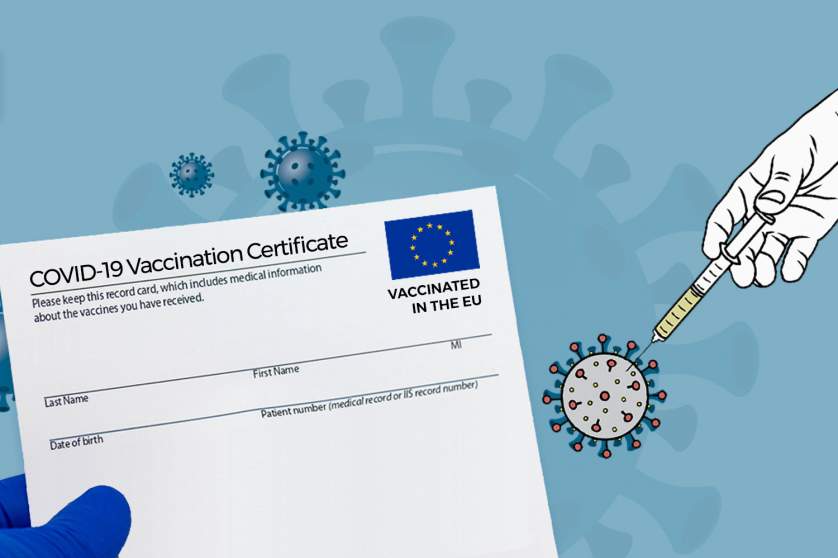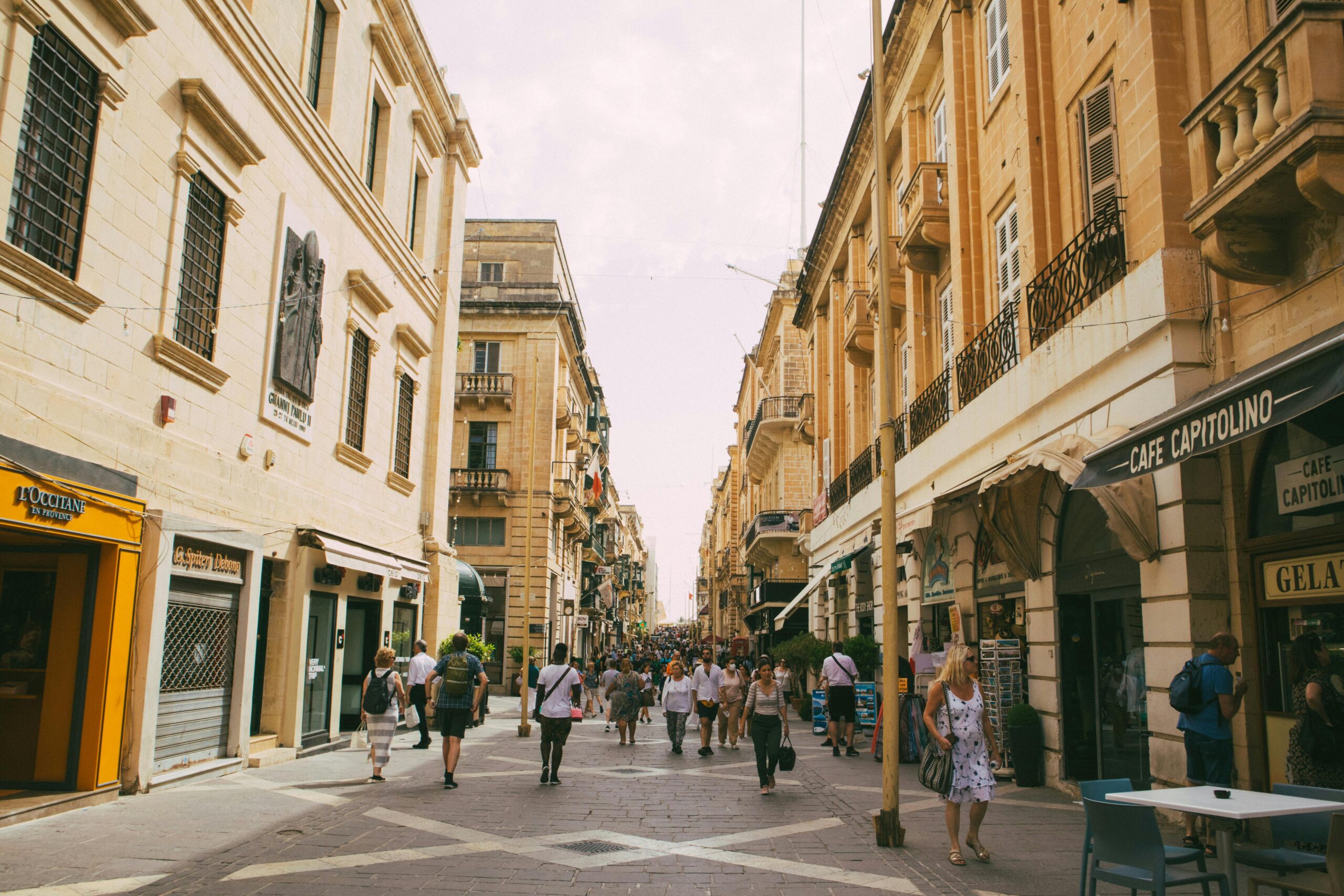Malta’s vaccination requirement for international travel sparked intense controversy when it was announced on 14th July. While the Government has since backtracked, allowing unvaccinated travellers to visit the island so long as they quarantine at a designated hotel for 14-days, at their own expense, the rule in effect bans unvaccinated tourists who would have visited the island for a short summer break.
The rule was welcomed by many, keen to reap the benefits of the high vaccination levels within Malta itself without inviting in swathes of unvaccinated tourists, but was slammed by others as discriminatory and dystopian.
Detractors argued that the rules, which at the time were some of the most stringent in Europe, deprive aspiring travellers who don’t want to or are unable to receive the vaccine of their freedoms.
Malta remains the only EU country that imposes quarantine on unvaccinated travellers, a move that has been described as discriminatory. However, since then, a number of other EU countries have announced their own limits on unvaccinated residents, imposing mandatory testing or proof of an EU COVID recovery certificate to enter hospitality, entertainment and other establishments.
The moves, designed both to help stop the spread of the virus, as well as increase vaccine uptake were in some cases met by widespread controversy. In France, for example, more than 100,000 joined protests against their implementation.
Many believe that a so-called ‘hospitality green pass’, requiring customers to prove their vaccination status would infringe on civil liberties.
From this vantage point, as rules mandating the passes are set to come in in several countries across Europe in the coming weeks and months, BusinessNow.mt has compiled information on the specific ways countries are planning to implement the rules.
Austria:
Eateries, theatres, hotels, sports facilities and beauty salons require visitors to present documentation proving their COVID status, but this does not necessarily have to take the form of the vaccine.
Aside from a vaccination certificate, visitors can present either a negative test, or a certificate of recovery.
Cyprus:
Cyprus has introduced its own proprietary pass for hospitality venues, called the Caoronapass.
This pass documents proof of vaccination or can be used to present a negative test.
Denmark:
In a similar manner, Denmark utilises a ‘Coronapas’ for all indoor dining and cultural venues. This app proves that users have been vaccinated against the virus, have previously been infected with, or have tested negative for COVID.
France:
In France, where the measures have proved especially controversial, a law has been proposed by which visitors to all indoor hospitality venues with a capacity of larger than 50 persons must show a green pass.
The law has yet to pass in parliament, however, and the logistics of implementing it should it pass are not yet clear.
Germany:
Germany does not currently have a nation-wide rule on the use of vaccine passes, but most states call for customers to present a negative test result or proof of vaccination status to be admitted to indoor catering.
Italy:
One of the first major powers in Europe to announce a green pass, Italy will require all visitors of indoor hospitality venues from 6th August to verify their COVID status, proving that the holder has received at least one dose of a vaccine, recovered from the virus or tested negative in the previous two days.
Latvia:
In Latvia, outdoor hospitality is available to all, regardless of their COVID vaccine status, but for indoor venues and events, including gyms, restaurants, cinemas and theatres, revellers must provide proof of vaccination.
Lithuania:
The country is employing an electronic “opportunity pass” to show proof of vaccination. Those with the pass may dine indoors and access other cultural and entertainment sites. The unvaccinated are only able to access takeaway or outdoor-only services.
Luxembourg:
Without restrictions, and until just 1am, those with a digital vaccine certificate are permitted to use indoor hospitality. Those without must wear facemasks and practice social distancing.
Netherlands:
Businesses in the Netherlands are not legally required to implement a COVID green hospitality pass, but those choosing not to will not be permitted to open to full capacity.
Portugal:
The approach in Portugal varies region-by-region depending on risk levels. Currently the two largest cities in the country – Lisbon and Porto – require proof of a COVID vaccination or a negative test for revellers on Friday evenings and over the weekend.
Ireland:
In the Republic of Ireland, pubs, cafes and restaurants are currently allowed to serve vaccinated people indoors.
Slovenia:
For those over 18, indoor hospitality is open to the vaccinated or those who can offer proof of a negative COVID test. A three-metre distance must be kept between tables regardless of the use of passes.
Featured Image:
Malta International Airport closes in on one million passengers in June
Meanwhile, aircraft traffic movement rose by 4.5 per cent year on year
Malta’s population hits 574,250 in 2024, up by 1.9%
Total net migration was at 10,614 persons, the vast majority being non-EU citizens
Service excellence as a cornerstone of Avenue 77 workspace experience
Providing excellent service is a foundational aspect of what makes working at Avenue 77 a great experience






